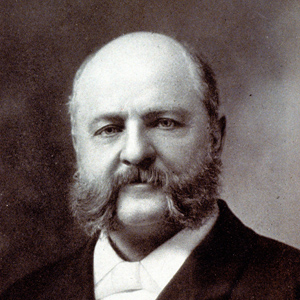
Barely literate internet trolls may seem a recent phenomenon but only the medium is new. Ask Abraham Lincoln, 16th president of the United States.
As can be imagined, Abe was less than popular with his constituents in the southern states. An expression of the president’s unpopularity can be found in this barely legible item of hate mail, sent to Lincoln by a Mr A G Frick in February 1861. Frick’s spelling, grammar and punctuation appear exactly as written:
“Sir,
Mr Abe Lincolnif you don’t Resign we are going to put a spider in your dumpling and play the Devil with you you god or mighty god dam sunnde of a bith go to hell and buss my Ass suck my prick and call my Bolics your uncle Dick god dam a fool and goddam Abe Lincoln who would like you goddam you excuse me for using such hard words with you but you need it you are nothing but a goddam Black nigger
Yours, &c.
Mr A. G. Frick[PS] Tennessee Missouri Kentucky Virginia N. Carolina and Arkansas is going to secede Glory be to god on high”
Source: Letter dated February 14th 1861, cited in Dear Mr Lincoln: Letters to the President, Harold Holzer (ed.), 1993. Content on this page is © Alpha History 2019-23. Content may not be republished without our express permission. For more information please refer to our Terms of Use or contact Alpha History.

